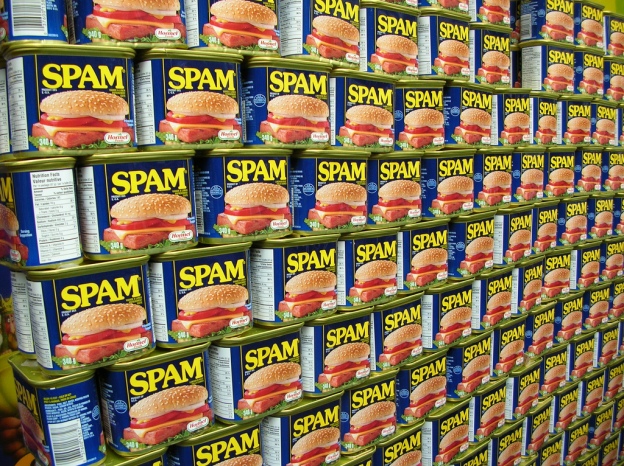I haven’t been writing very much on Geek Feminism in the last year – most of us haven’t. I’ve also slowed down on posting to my personal blog. And one reason is that when I think about writing anything longer than a couple of paragraphs, anything particularly nuanced, I need to budget the time and energy for pre-editing, to make sure it hits my and our standards for sensitivity, and editing after the fact in case it turns out I got it wrong.
(That is not the only reason — lives change, new commitments emerge, people come into and out of group projects and each others’ lives, new venues like The Recompiler and ladybusiness and The Bias come onto the scene, and so on. But it’s one reason.)
You know what I would love? I would love a style guide that helps me write accurately and sensitively when talking about communities and identities, especially when it comes to identities I don’t know through my own personal experience. GLAAD’s reference guide helps with one facet (QUILTBAG people and communities), and there are similar references published by other advocacy organizations, but I’d love a more all-in-one stylebook that covers race, gender, sexuality, religion, and health and well-being, especially in the context of technology.
I’m in luck!
Audrey Eschright and Thursday Bram are crowdfunding to edit The Responsible Communication Style Guide. It’ll be a stylebook for writers and other media creators, covering race, gender, sexuality, religion, and health and well-being, and it’s the first book project by The Recompiler. The Kickstarter deadline is in less than two days.

The Responsible Communication Style Guide: Technology and Beyond (Kickstarter promo image)
In my opinion, a style guide like this would be a great piece of infrastructure to have — not just a tool for individual pro-inclusion activists, and a guide for any blogger, marketer, podcaster, or maker who ever pauses before publishing and tries to look over what they’ve written for accidental ableism, cissexism, racist or sexist microaggressions, and so on. It would be that, yeah. But it would also serve as a shared reference, so we can say: “Here’s a standard we want to hold ourselves to, and we’ll ask our allies to hold themselves to as well.”
I’m a programmer — heck, you saw me grow as a programmer here on this blog, from talking about the learning styles that suited me, and what I needed, to finding a place where those needs were met. Other technologists, maybe you’ve had the experience of working on a codebase where there aren’t any tests, and you have to inspect changes with your eyes all the time to see if you’ve introduced a new showstopper bug. And maybe you’ve also had the experience of working on a codebase with great test coverage, where you can move faster, because you know that if you make a change that would break something, you’ll find out fast, before it has a chance to hurt anybody. As Bram writes, “I want a linter for writing!”
HOWTOs and checklists and playbooks are part of how we make inclusivity more automatic. I’d love to see what The Responsible Communication Style Guide can do to further this trend.
So, please join my household in backing this before its deadline, which is this Friday, September 30th at 2:59 AM EDT. (As I write this, they’re 65% of the way to their goal, and need about $7,000 USD more.) I’d love to be able to write faster and with more confidence, and to see what emerges when a whole lot of people with high standards for responsible communication feel the same way.



